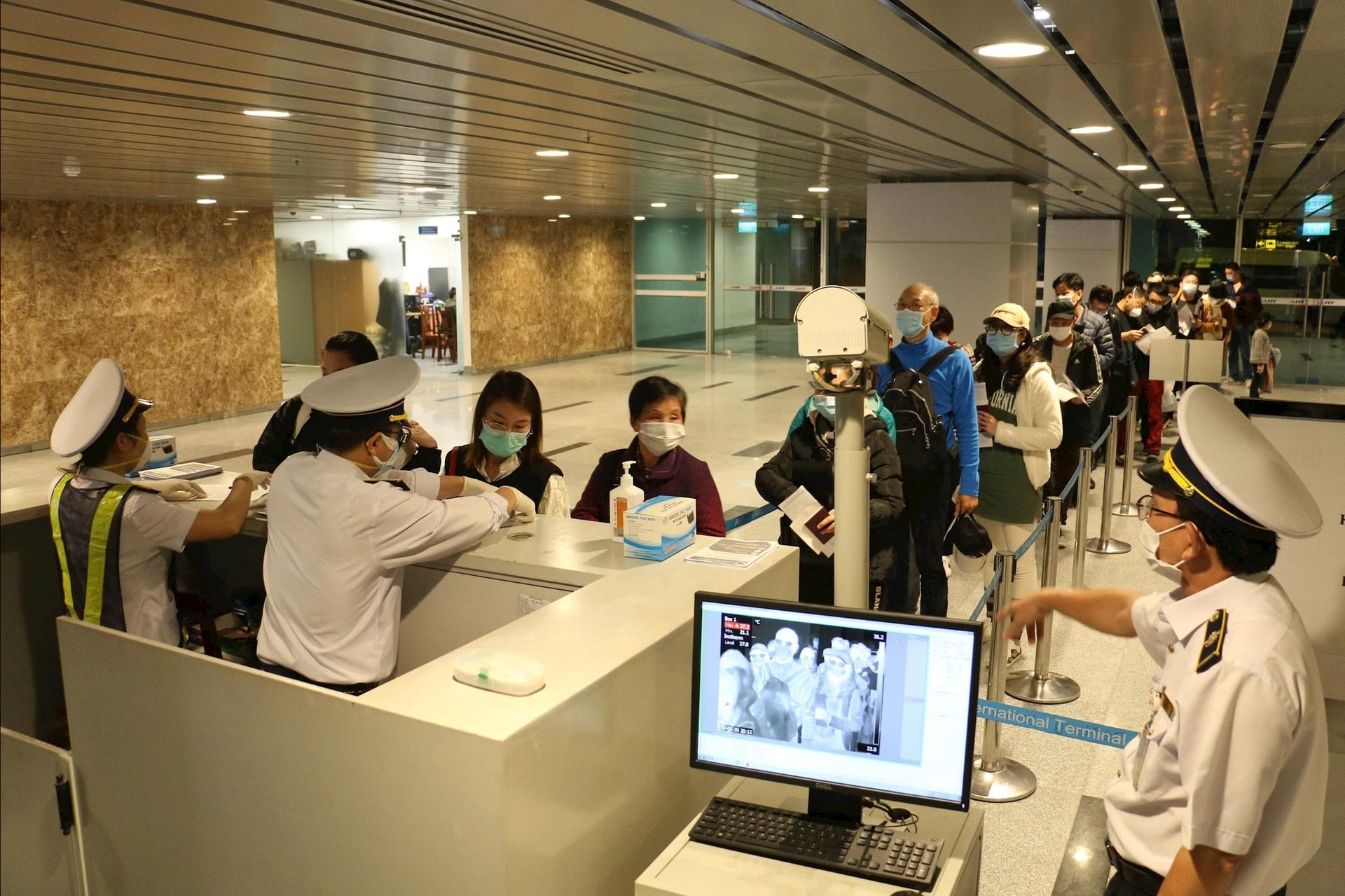
Tighten epidemic prevention at border gates
In order to proactively prevent epidemics, especially the risk of Chikungunya entering, the leaders of the Department of Health said they have requested the City Center for Disease Control and hospitals to strengthen surveillance at border gates, medical facilities and the community.
When a suspected case is detected, samples should be taken for testing to promptly confirm the diagnosis.
Along with that, it is necessary to review and fully prepare human resources, materials, chemicals, equipment, and have mobile teams ready to respond quickly to investigate and thoroughly handle the outbreak as soon as the first case is detected.
According to the City Center for Disease Control, currently, at border gates, medical quarantine forces are on duty 24/7.
The remote body temperature measuring system combines direct monitoring and health observation to help early detect passengers with suspicious signs such as fever, rash or joint pain.
These cases will have their epidemiological information collected, be temporarily quarantined and transferred to medical facilities for timely diagnosis and treatment.
In parallel with passenger monitoring, strict inspection and supervision of international means of transport have also been strengthened, especially those departing or transiting from areas with epidemics or areas at risk of containing disease vectors.
Doctor Nguyen Dai Vinh, Director of the City Center for Disease Control, said that on average, each week at the Da Nang International Airport and Da Nang Seaport, there are more than 850 vehicles entering and exiting the country, with about 150,000 passengers from many countries, including places where Chikungunya cases are being recorded, such as: South Korea, Hong Kong (China), Macau (China), Thailand, Singapore...
Therefore, the unit has increased quarantine activities at the border gate to detect early when cases enter the city.
At the same time, coordinate with agencies and units operating at border gate areas, propose to strengthen measures to prevent and control Chikungunya epidemic.
Accordingly, maintain environmental hygiene, handle mosquito breeding sites, closely coordinate in monitoring, detecting and promptly handling suspected cases of disease.
Closely monitor suspected symptomatic cases.
The Department of Health also requested medical facilities to proactively and closely monitor cases with suspected symptoms (fever, joint pain, headache, fatigue and rash), especially those with a history of travel from epidemic areas within 12 days.
Facilities update diagnostic and treatment guidelines; prepare human resources, drugs, supplies, biological products, and treatment areas to properly organize patient examination and treatment; strictly implement measures to prevent cross-infection in medical examination and treatment facilities...
According to the leaders of Da Nang Hospital, the unit has prepared a plan to ensure medical work in all possible epidemic situations as well as proactively ensuring a stock of medicines, supplies, machinery, chemicals, etc. to serve the medical examination and treatment of local people and ensure infection control and prevention of cross-infection at medical examination and treatment facilities according to regulations.
It is known that Son Tra Regional Medical Center has been proactively coordinating with local forces to conduct weekly surveys on dengue fever vector indexes as a basis for risk zoning to guide the health station to advise the Ward People's Committee to effectively implement the work of destroying mosquito larvae, etc.
The leader of Hoa Vang Commune Health Station added that, in addition to strengthening propaganda and disease prevention, especially dengue fever and Chikungunya, the station also promotes the role of population and public health collaborators in disease surveillance in the community, mobilizing people to kill mosquito larvae, clean the environment, and maintain personal hygiene.
To effectively prevent and control epidemics, each person needs to raise awareness of health protection, proactively kill mosquitoes and larvae, maintain environmental hygiene and follow recommendations from the health sector.
Community cooperation will be a strong "shield", contributing to protecting the city from the danger of disease invasion and outbreak.
Source: https://baodanang.vn/san-sang-ung-pho-truoc-nguy-co-dich-chikungunya-xam-nhap-3299826.html



![[Photo] General Secretary To Lam attends the ceremony to celebrate the 80th anniversary of the post and telecommunications sector and the 66th anniversary of the science and technology sector.](https://vphoto.vietnam.vn/thumb/1200x675/vietnam/resource/IMAGE/2025/9/29/8e86b39b8fe44121a2b14a031f4cef46)
![[Photo] Solemn opening of the 12th Military Party Congress for the 2025-2030 term](https://vphoto.vietnam.vn/thumb/1200x675/vietnam/resource/IMAGE/2025/9/30/2cd383b3130d41a1a4b5ace0d5eb989d)

![[Photo] General Secretary To Lam receives US Ambassador to Vietnam Marc Knapper](https://vphoto.vietnam.vn/thumb/1200x675/vietnam/resource/IMAGE/2025/9/29/c8fd0761aa184da7814aee57d87c49b3)
![[Photo] General Secretary To Lam, Secretary of the Central Military Commission attends the 12th Party Congress of the Army](https://vphoto.vietnam.vn/thumb/1200x675/vietnam/resource/IMAGE/2025/9/30/9b63aaa37ddb472ead84e3870a8ae825)
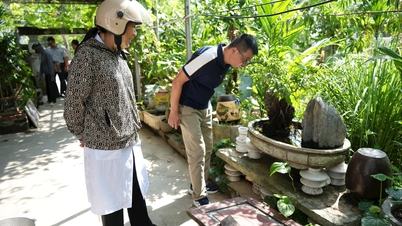

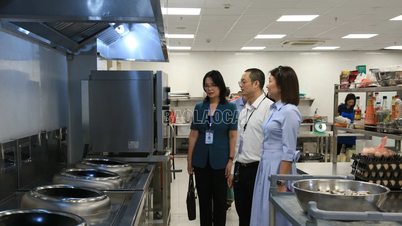

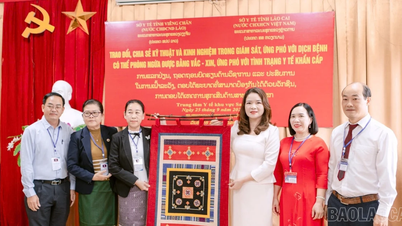



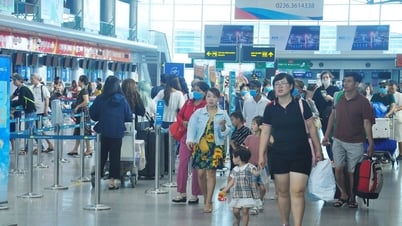









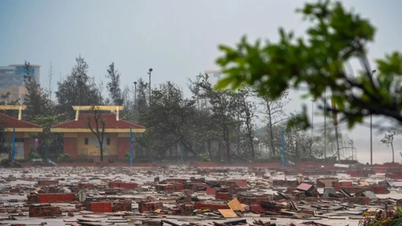




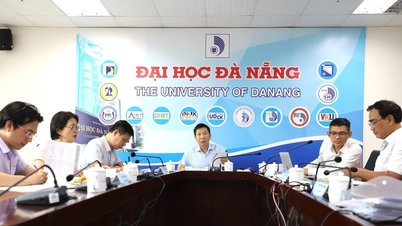



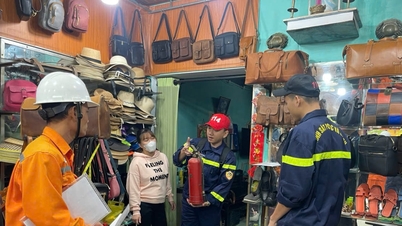

![[Photo] National Assembly Chairman Tran Thanh Man chairs the 8th Conference of full-time National Assembly deputies](https://vphoto.vietnam.vn/thumb/1200x675/vietnam/resource/IMAGE/2025/9/29/2c21459bc38d44ffaacd679ab9a0477c)
![[Photo] Many streets in Hanoi were flooded due to the effects of storm Bualoi](https://vphoto.vietnam.vn/thumb/1200x675/vietnam/resource/IMAGE/2025/9/29/18b658aa0fa2495c927ade4bbe0096df)









































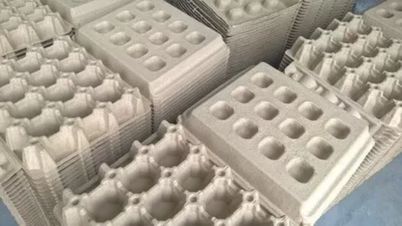
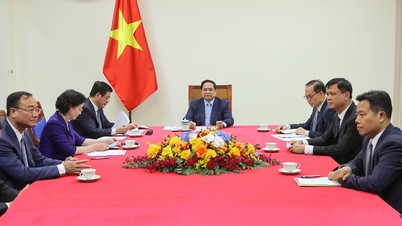





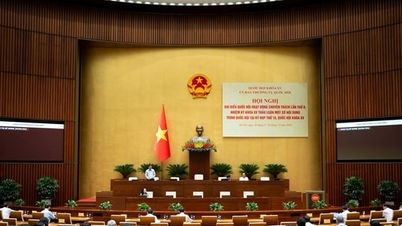
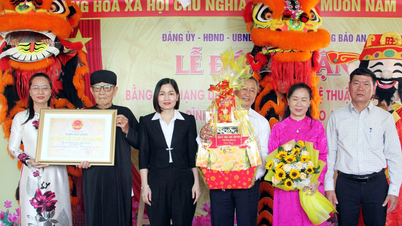

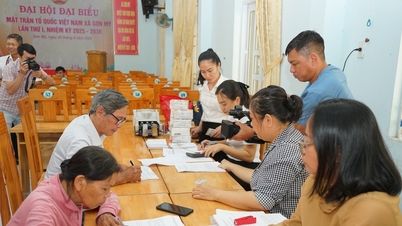














Comment (0)